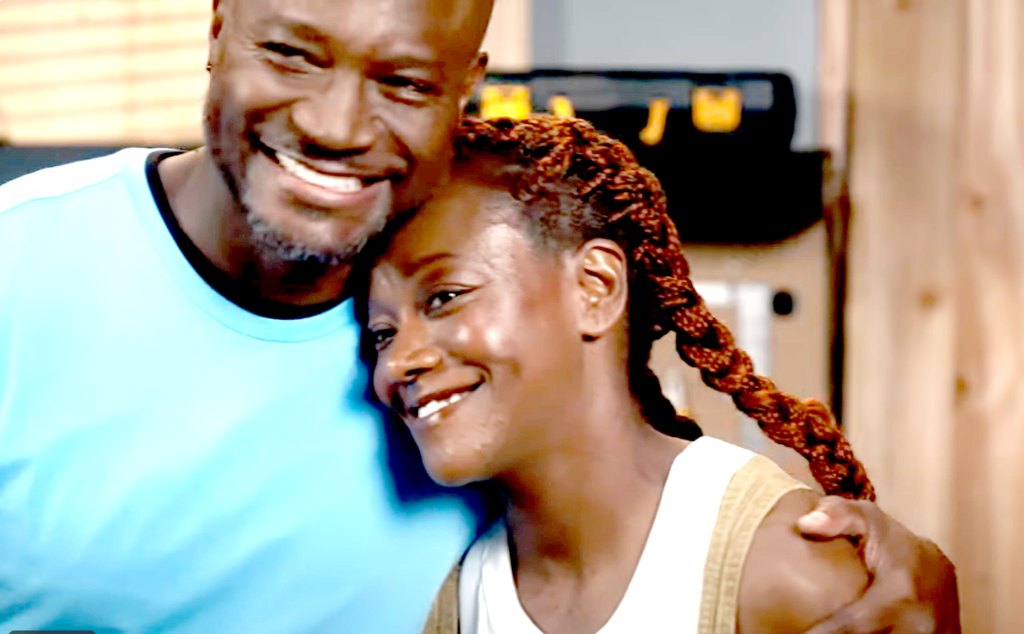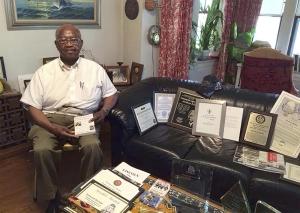by Gemma Greene, BDO Staff Writer
Actor Taye Diggs is opening up about his younger sister’s schizophrenia diagnosis and how proud he is of her for embracing her mental illness.
Christian Diggs was diagnosed with schizophrenia when she was a young adult. Her movie, Broadway, and television-acting brother, Taye, was by her side as her care partner. Now, Christian and Taye are working together to raise awareness that with the right support, anything is possible, or “posSCZible” in their new campaign.
Diggs shared the story of his sister’s diagnosis for the first time this World Schizophrenia Awareness Day (May 24), and also as part of both Mental Health Awareness Month and Bristol Myers Squibb’s new Live Your PosSCZible campaign, which aims to highlight stories of people living with schizophrenia as well as their care partners.
Live Your PosSCZible is a national initiative bringing to light what people with schizophrenia can achieve, supporting them as they plan for the future and providing them with resources to take action.
As the oldest of five, Taye opened up about what it was really like when they first got the diagnosis for his little sis.
“The diagnosis was such a blow to us. It came out of nowhere. I was taken aback,” explained Taye. “I didn’t know how to react. I’m the big brother. In a moment like this I’m supposed to figure things out. I froze. I didn’t know what to do. My siblings were always close to each other, they had their own language, but this became an opportunity for us all to come together to support her. She found a psychiatrist and got on medication.”
“I didn’t know what to do,” Diggs told CBS News. “I’m the older brother. Chris and I were very close. I was born first and then she was born, so we had a certain type of bond, and I had always thought I was there for her in whatever capacity she needed. And then we were hit with this, and I had no idea. I had no understanding of what schizophrenia was.”
Schizophrenia, which affects about 24 million people worldwide and 3 million in the U.S., is a mental illness that affects how a person thinks, feels and behaves.
African Americans with severe depression are more likely to be misdiagnosed as having schizophrenia, according to a new Rutgers study.
The study, which appears in the journal Psychiatric Services, examined the medical records of 1,657 people at a community behavioral health clinic that included screening for major depression as part of its assessment for schizophrenia in new patients.
“By definition, schizophrenia is a diagnosis of exclusion: Clinicians must rule out other potential causes of symptoms, including mood disorders, before the diagnosis of schizophrenia is given,” said Michael Gara, a professor of psychiatry at Rutgers Robert Wood Johnson Medical School and a faculty member at Rutgers University Behavioral Health Care. “However, there has been a tendency for clinicians to overemphasize the relevance of psychotic symptoms and overlook symptoms of major depression in African Americans compared with other racial or ethnic groups. No studies show that African Americans with schizophrenia are more likely to also have major depression.”
The study, which looked at 599 blacks and 1,058 non-Latino whites, found that clinicians failed to effectively weigh mood symptoms when diagnosing schizophrenia among African Americans, suggesting that racial bias, whether conscious or subconscious, is one factor in the diagnosis of schizophrenia in this population.
Lifetime prevalence
According to the Epidemiologic Catchment Area study, 2.1% of Black Americans have schizophrenia, compared to 1.4% of white people and 0.8% of Hispanics.
Subtype
Black Americans are also more likely to be diagnosed with schizophrenia-paranoid or schizophrenia-undifferentiated subtypes.
A 2010–2015 study found that 24% of Black patients were diagnosed with schizophrenia, compared to other racial groups.
“People need to know there is a light at the end of the tunnel,” encourages Taye. “If your loved one does the work, the possibilities are endless. You have to find them support, that’s what helped Christian spread her wings and be able to fly. Keep encouraging them to do what they need to do. We were fortunate that Christian had a good attitude. She was 100 percent down for doing everything she needed to get better. That’s not always the case; some people don’t want to go to therapy or take medication.”











